
It’s becoming the great unspoken yet perennial source of anguish haunting the Jewish world. It’s that nerve pressing on the blue-and-white or red-white-and-blue spine, inflaming the anguish fueling most Jewish arguments today. It’s American Jewry’s great divider, pitting the Orthodox and a dwindling handful of conservative Conservatives against everyone else while distinguishing most Israelis from most American Jews. It used to be considered a threat. Now, some are trying to give it a makeover as an “opportunity” — even a pluralistic, humanistic, universalizing blessing — as we evolve beyond our “racist,” particularist sins. “It” is intermarriage.
Think about it. No Jewish community could ever survive a 70-percent intermarriage rate (higher if you only count non-Orthodox marriages). No community can sustain itself with negative population growth. And no community, theoretically or practically, can exist without red lines: A community needs unity about something.
Yet, every intermarriage is a love story. In a broken world where so many are so lonely, who dares mourn when people find caring partners for life? Every intermarriage is a success story — only in America would Jews emerge as the most admired religious community. Only in America and some other Americanized democracies could we coin that deliciously neurotic, oh-so-Jewish lament: “Once they killed us with their hate; now they’re killing us with their love.” And every intermarriage is a story making the American dream come true. From “The Jazz Singer” to “My Big Fat Greek Wedding” to “Today’s Special,” Hollywood treats parents who oppose intermarriage as the heavies, who usually see the red-white-and-blue light by the time the story reaches its happy ending.
In today’s overheated politics, as he’s doing with nationalism, President Donald Trump is giving the notion of any borders a bad name. But boundaries don’t just keep people out. They also build meaning, solidarity and pride inside. For states, nations, communities and families, lines separating those from within and without foster internal bonds. True, rigid boundaries can become nooses, choking off the oxygen flow that healthy groups need to grow and thrive; but no community can survive without some frameworks. As Momma Troy warned, if you’re too open-minded, your brains fall out.
Intermarriage looms underneath all the Jewish identity-building, educating, Birthrighting and Hebrew schooling. Intermarriage shrinks the Jewish-peoplehood power that needs Israel, relies on Israel and loves Israel. Most Israelis can’t understand this modern Masada, this mass act of communal suicide. As one nonreligious Israeli friend said: “We do everything — we take out the Jewish people’s garbage. We fight. We pay taxes. We sacrifice sometimes with our lives. American Jews just have to do one thing — stay Jewish. But they can’t even do that right.”
Clearly, this hair-trigger issue requires more conversation, not less; less political correctness, not more; braver thinkers, not cowards. Yet, intermarriage has become the third rail of Jewish politics. Non-Orthodox rabbis risk repudiation from colleagues if they endorse it; non-Orthodox non-rabbis risk ostracism if they oppose it — condemned as racist, judgmental or mean.
This issue of issues is so complex, the stakes so high, that we need capacious, creative and courageous thinkers to help.
Fortunately, one ace thinker has arrived — Robert Mnookin. He has a superlawyer’s parsing skills and elegance. He has a mediator’s decency and out-of-the-box insights. And he need not be brave: He has tenure at Harvard Law School, a position guaranteed to intimidate most Jewish American success junkies.
In his ambitious, thought-provoking, dazzling and, yes, sometimes frustrating book — “The Jewish American Paradox: Embracing Choice in a Changing World” — Mnookin deftly tackles this volatile intermarriage issue. The Samuel Williston Professor of Law, the chair of the Program on Negotiation at Harvard Law School, and the director of the Harvard Negotiation Research Project, Mnookin finds Jews’ traditional matrilineal standard too exclusive yet too inclusive. Why should someone who wants to be Jewish not be welcomed? he wonders. And why should somebody who doesn’t care, yet has a Jewish mother, merit lifetime membership?
This question is not simply theoretical for him. In this deeply personal book, Mnookin tells his family’s story as a modern Jewish American parable. Raised as assimilated Reform Jews in the 1940s and ’50s, he and his wife were thoroughly ambivalent, take-it-for-granted Jews. “The idea wasn’t to deny being Jewish,” he recalls, “but rather to fit in.” They mimicked many other successful Jews, “accepting my Jewish heritage, if not exactly embracing it, and then thinking about it as little as possible.” Then, while Mnookin was on an Oxford sabbatical, their 11-year-old daughter, Jennifer, asked, “When are we actually going to become Jewish?” She also demanded a bat mitzvah.
Jennifer’s challenge jump-started a process that accelerated decades later when Mnookin became Grandpa Mnookin. “Continuity suddenly mattered to me,” he writes.Today, he’s activated his Jewish identity and he laments that some of his grandchildren are dismissed as “half-Jewish” because one of his two daughters intermarried, even though all his grandchildren are halachically Jewish.
Such bizarre, seemingly arbitrary categorizing offends his legal and liberal sense of fairness. The result is his thoughtful compromise rejecting the traditional approaches of matrilineal descent or Orthodox conversion as the only two entrees into Judaism. If you want to call yourself Jewish, you’re Jewish, he insists, embracing a big-tent approach. But let each institution and each denomination define its own membership rules, he says. Belonging to the Jewish people should have a low, voluntary bar, while belonging to an Orthodox or Conservative synagogue could still follow tradition.
Mnookin’s proposal is genuinely lovely, acknowledging the pain people feel when rejected. It expresses a welcoming spirit difficult to dislike. And to a people so obsessed with our fate that the scholar Simon Rawidowicz, a half-century ago, christened Jews “the ever-dying people,” it says, logically: Let ’em in!
The modern me, the American me, the academic me, the liberal me and especially the nice-guy me want to high-five Mnookin and thank him for solving this painful dilemma. Yet, the Jewish, Zionist and Israeli in me resist — especially because I just finished reading Jonathan Haidt’s majestic “The Righteous Mind: Why Good People Are Divided by Politics and Religion.” Haidt recalls living in India, where he learned to appreciate other values beyond his, ahem, orthodox liberalism, individualism and openness. Beyond liberal “autonomy,” he discovered what his fellow cultural psychologist Richard Shweder calls “community” and “divinity,” let alone authority.
“Liberals hate the idea of exclusion,” Haidt writes, as if he were writing a memo to Mnookin — but then notes how inconsistent that perspective is. When one of his students condemned Catholics for rejecting doctrinal rebels, Haidt noted how many applicants are rejected by their own University of Virginia department (let alone Harvard Law). Haidt urges liberals to appreciate values such as community, authority and sanctity (he urges conservatives to respect liberals’ commitment to caring and fairness, too).
Mnookin’s openness sacrifices the authority, the sanctity and the mystical powers that sustain Judaism. The moats the rabbis dug around Judaism worked. And they reflected sincere beliefs, not just anthropological appreciation, for cultural props. Such faith can bring out the best in people, speaking to their most spiritual, altruistic and communal selves.
Mnookin’s welcome mat invites the critique that the feminist writer Anne Roiphe offered of her similarly universalist parenting in her 1981 book, “Generation Without Memory.”
“Judaism and Jewishness in America (with some exceptions) appear to be thinning,” Roiphe wrote. “I appreciate our Thanksgiving and Christmas. I know that I will make beautiful weddings for our daughters and that our funerals will serve well enough. But I do believe that the tensions of the ancient ways, the closeness of primitive magic, the patina of the ages and the sense of connection to past and future that are lacking in our lives are serious losses.”
Mnookin’s criteria lack the “primitive magic, the patina of the ages” that reinforce much of Jewish tradition. Tolerating it on denominational sublevels isn’t enough.
Moreover, as a Zionist, while loving his outreach, I fear the fragmentation occurring as boundaries collapse and demarcations of Jewish peoplehood proliferate. Clearly, Mnookin is not responsible for this condition and is trying to help Jews cope. But we need more centripetal forces — pushing us inward toward one another, not centrifugal forces flinging us outward in multiple directions.
Finally, as an Israeli, I appreciate the need for uniformity. While cheering Mnookin’s marvelously crisp, clear chapter about Israel’s “who is a Jew” controversy, I believe states need consistent rules. A Jewish state defined aptly by the novelist A.B. Yehoshua as a state for all its citizens as well as for the Jewish people needs certain standards for determining who can immigrate under the Law of Return.
My skepticism about his proposal didn’t detract from my delight in reading this wonderful book. Mnookin jumps off the pages as a master teacher, a charming intellectual companion. He knows how to challenge substantively, disagree agreeably and spark discussion amicably.
His book beautifully summarizes modern Judaism — and the modern Jewish American condition. He identifies four causes of modern Jewish American drift: Most American Jews don’t practice the religion; Jews aren’t persecuted in America; Israeli policies cause bitter conflict instead of unity; and intermarriage. He addresses the anomaly — still true after the Pittsburgh synagogue shooting — that anti-Semitism rarely occurs yet constantly dominates the Jewish American psyche. He writes passionately about the “Jewish spark” that his Americanizing, assimilating, globetrotting and career-ladder climbing couldn’t extinguish. He identifies many Jewish American challenges, including how to fit in yet stand out; how to navigate the slipperiness of individual identity and the solidity of collective loyalty; how to explain this shared sense of destiny; and the need so many of his peers have to see their grandchildren somehow stay Jewish.
And he’s practical, not just theoretical. A chapter on raising a Jewish child offers valuable relationship advice on how intermarried parents should navigate their differences and nurture their children’s Jewish identities. He identifies four critical elements: Jewish activities in the home, Jewish education, Jewish social networks and exposure to Israel. He coaches grandparents on how to help. And in the spirit of his core belief — that being Jewish should be a choice, a mission, not merely a “status” — he identifies three categories of activities he integrates into his week, which others can follow: study, have a Jewish experience, and engage communally with other Jews.
Most profoundly, his book will help non-Jewish readers explore their own values and identities — or lack thereof — while Jewish readers consider his core areas of concern: “Why I am choosing to be Jewish, why being a part of our diverse tribe is meaningful for me, and how being Jewish does make a difference in how I am living my life.”
Unfortunately, this clearly thoughtful guy doesn’t fully appreciate Judaism’s metaphysical depth or countercultural power. His graceful summary of the “smorgasbord of Jewish values, music, food, traditions, rituals, spirituality, language, philanthropic causes and connections with Israel” needed to add that enchanting, weighty word — philosophy.
But even where I disagree, or feel he fell short, I remain grateful for the categories he developed and the tone he set.
I recently met a proper British Jewish banker, who every Monday unintentionally makes his non-Jewish colleagues envious. He simply describes all his weekend Jewish communal and spiritual activities, from Shabbat dinners to charity events. Mnookin’s book reminded me of my friend. None of us would be arrogant enough to brand Judaism the best way or the only way. But we all value Judaism as our way. To anyone, Jewish or non-Jewish, who can’t imagine “why bother,” this book is a must read.
Ultimately, even those of us skeptical about Mnookin’s anti-matrilinealism can appreciate his celebration of his “re-Jew-venation” as his even greater contribution to the intermarriage debate. “Thou shalt nots” won’t prevent intermarriage or assimilation. Only smart, compelling and welcoming visions of what Judaism was, is and can be — like his — will work. And the more Jews are challenged and charmed by Mnookin’s excellent primer, the more likely they will be to make an “I” statement, namely, “I choose to be Jewish, not because it’s important to my parents or grandparents but because it’s important to me.”
That renewed Jewish journey, not some hoary guilt trip, is the key to a dynamic Jewish future — and the reason to hail publication of this important, accessible, stimulating contribution to our 3,500-year-old debate about who we are, who we have been, and who we can be.
Gil Troy, a distinguished scholar of North American history at McGill University, is the author of “The Zionist Ideas: Visions for the Jewish Homeland — Then, Now, Tomorrow.”
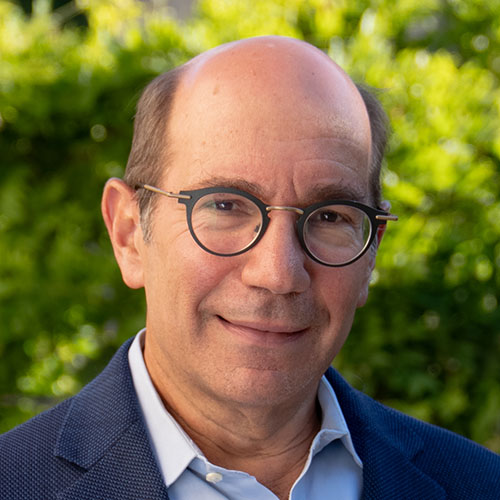








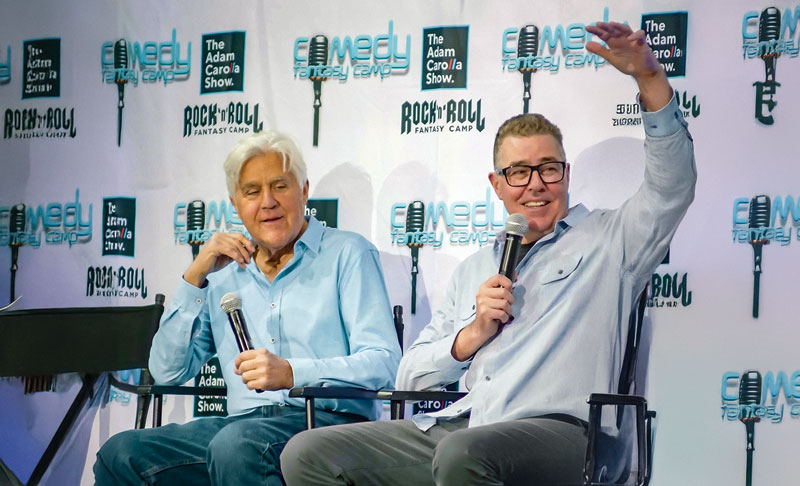

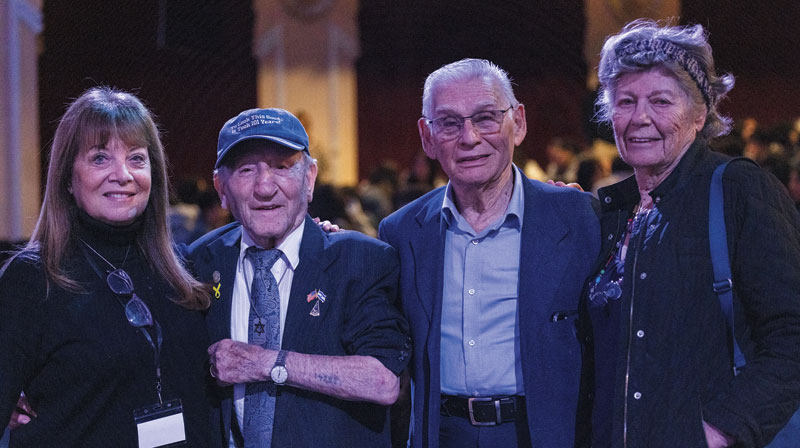
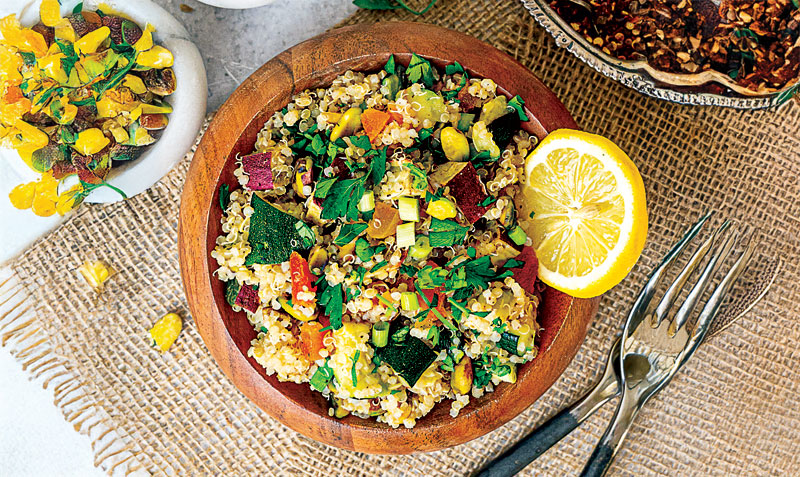
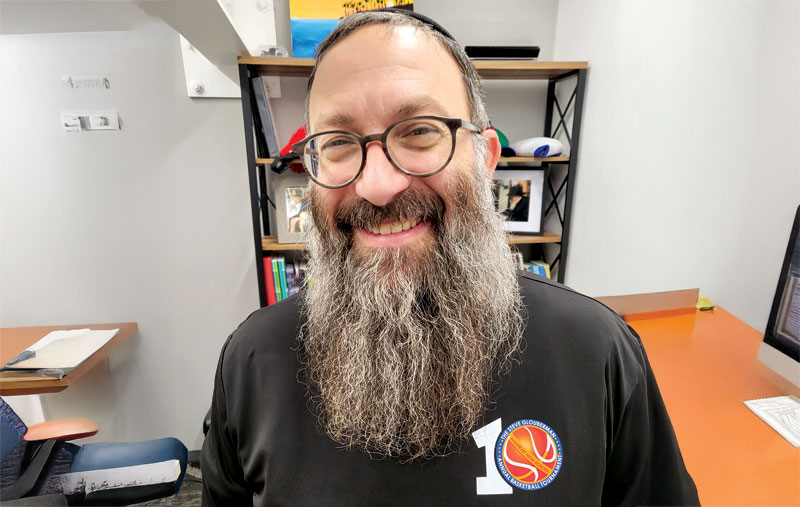

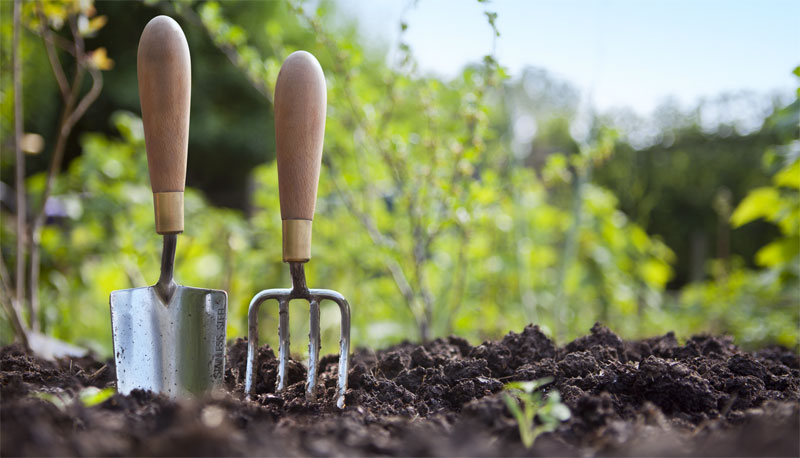
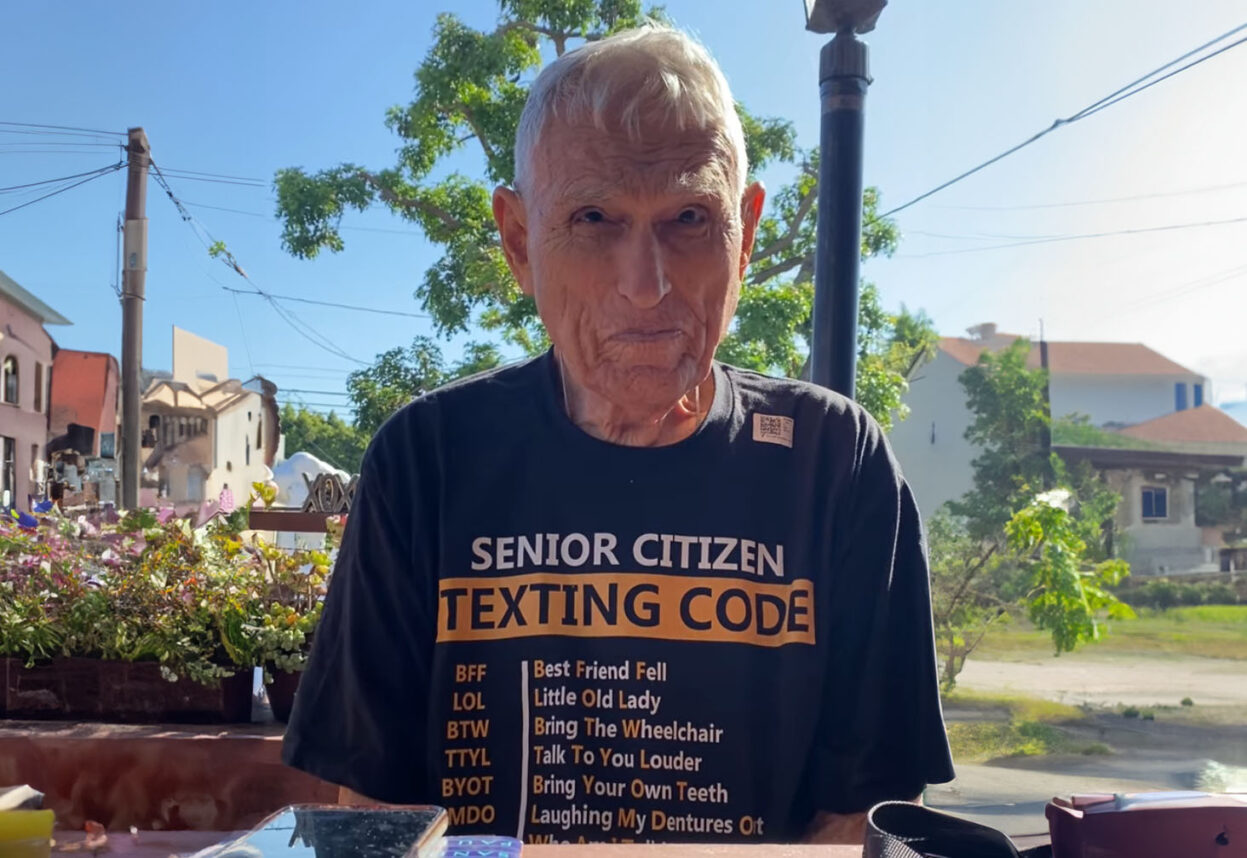
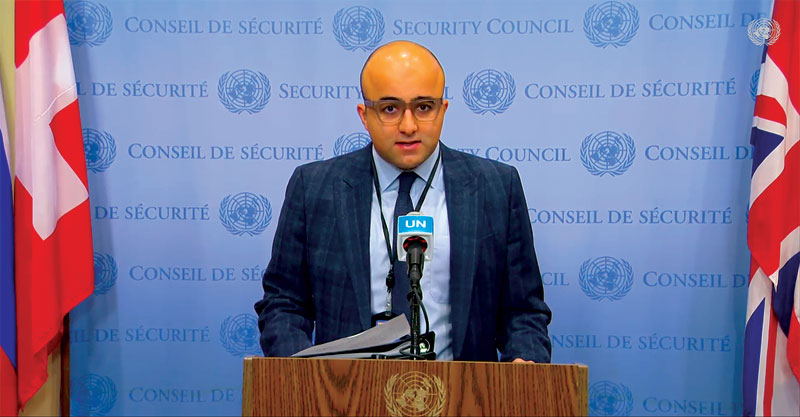




 More news and opinions than at a Shabbat dinner, right in your inbox.
More news and opinions than at a Shabbat dinner, right in your inbox.